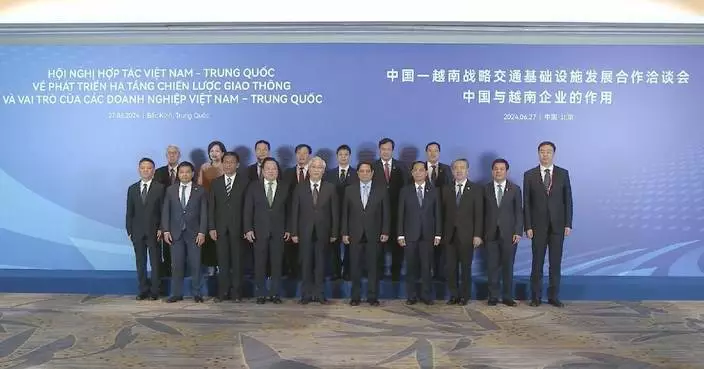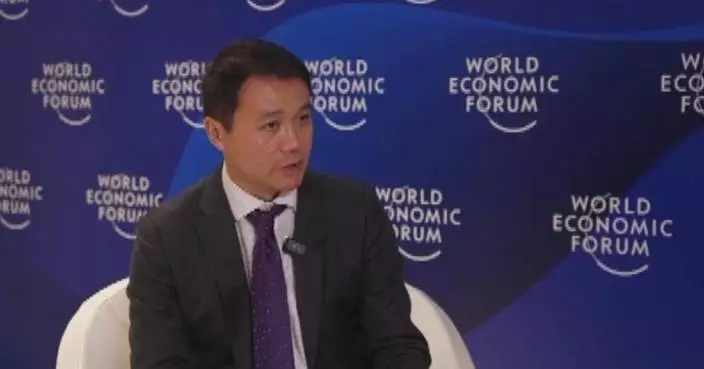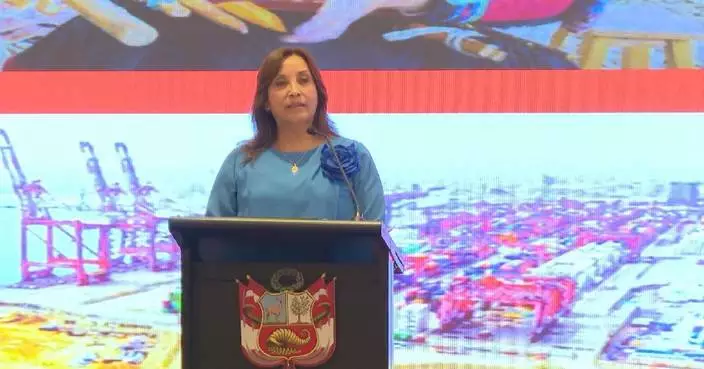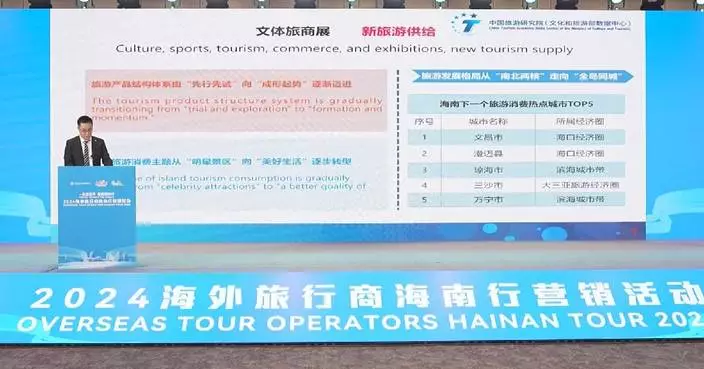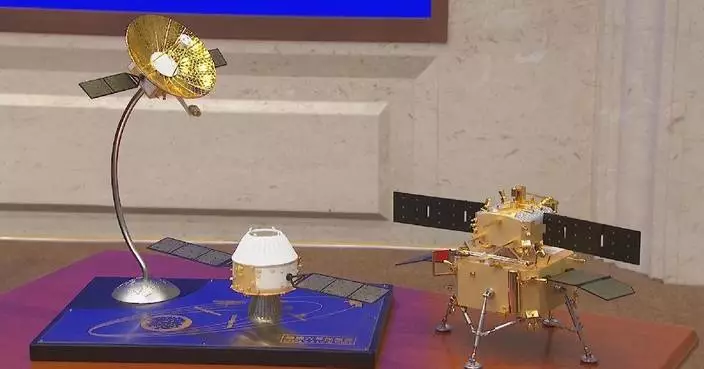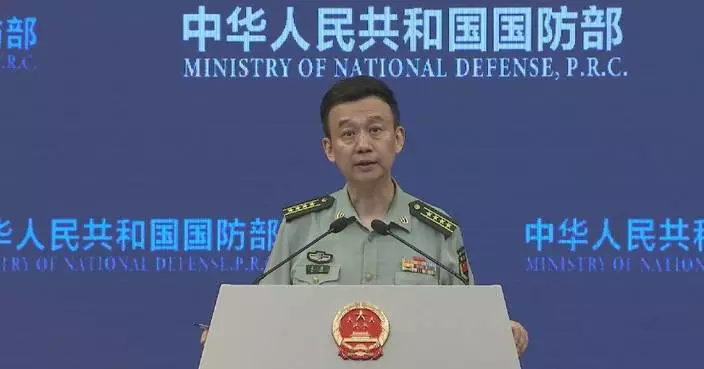China has objected to the European Union's decision to raise tariffs on its EVs, claiming the European Commission’s investigation has been politicized and weaponized.
The EU has found its electric vehicles declining in popularity. It blames China for the changing market, accusing the Chinese government of subsidizing Chinese electric vehicle manufacturers to create artificially low prices.
The EU has decided to impose tariffs of up to 38.1 percent on Chinese EV imports--on top of existing 10 percent duties, to counteract the imagined measures by China.
China describes the move as "trade protectionism" and says it will take all measures to protect the interests of Chinese companies.
"The country's capacity to produce a large amount of electric cars with good quality is thanks to its complete supply chain and super-scale market. Industrial upgrades during the green energy transition has also boosted China's competitiveness in the global market," said Wei Qijia, director of the Office of Industrial Economy State Information Center under the National Development and Reform Commission (NDRC).
The new tariffs follow an EU investigation into Chinese EVs over more than six months. But China says the EU has weaponized the investigation, creating an unfair market.
"It is a typical double standard move of the EU restricting Chinese EVs in the name of countervailing subsidies, because China has stopped its purchase subsidy policy for new energy vehicles by the end of 2022. However, some European and American countries are still implementing large purchase subsidies," Wei said.
The decision has also concerned China's European business partners. Although they say frictions are normal in business relations, they believe it is important to figure out a solution to end the current unfortunate situation.
"I think China has a very, very strong future in terms of its electric vehicle industry. It will be a dominant power in the world for decades to come. It's a matter of ensuring sustainable trade. Like I said earlier, the EU's approach is to ensure a leveled playing field. And I think European industry fully recognizes that it needs to be competitive. It needs to up its game as well. So there's a fine line between what the EU Commission sees as 'unfair' subsidization and support, and the issue of competitiveness," said Adam Dunnett, secretary general of the EU Chamber of Commerce in China.
German Vice-Chancellor and Economic Minister Robert Habec will visit China next week, discussing issues including trade and energy. It is hoped the trip will contribute to an acceptable solution to the trade dispute for both China and the EU.
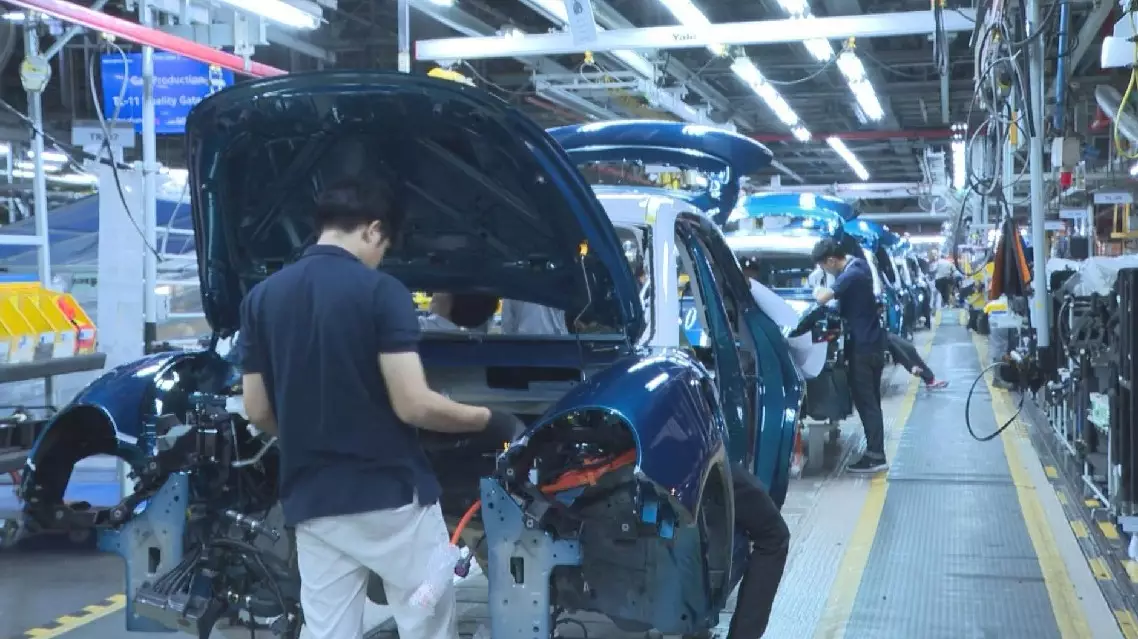
China opposes EU's new tariffs on EVs
A number of young Iranian voters have been actively voicing their demands ahead of Friday's presidential election despite predictions of a low voter turnout due to candidates' failure to connect with the younger demographic.
Iran's 14th presidential election, initially slated for 2025, was rescheduled following the tragic death of the late President Ebrahim Raisi in a helicopter crash in the country's mountainous northwestern region last month.
The younger age bracket of voters in Iran constitutes nearly one-third of the country's 61 million eligible voters. They hold substantial sway in shaping the upcoming election and their collective influence could significantly impact the electoral outcome.
"I hope the next president continues along the path of President Raisi, and doesn't go back to the ways of former presidents who made many compromises with the West. I don't want to go back to the time when our president did not believe in resisting the West. I want the new president to take us to the highest level of civilization, where Islam rises with our efforts," Morteza Taghavi, a resident in the capital Tehran, told China Global Television Network (CGTN).
Shirin Hashemi, another Iranian citizen, emphasized the need for cultivating a more positive atmosphere across society.
"We need cultural change, open access to the internet. We like to have freedom. As an Islamic country, we like to have freedom. A person who wants to wear the hijab can wear it, but don't force the hijab, because it distances people from Islam. Other countries will form a bad image of us. We need a positive atmosphere," she said.
With the election date nearing, many believe there is a pressing need to re-engage Iran's youth politically, and despite all eligible presidential candidates acknowledging the significance of the younger generation, none have effectively addressed their concerns.
Dr. Taghi Azadarmaki, an Iranian sociologist and advocate for the sole reformist candidate Masoud Pezeshkian, expressed concern over the level of disconnect between the politicians and the younger demographic in Iran, who he said are more concerned with their own set of priorities.
"They want to go out, to have a job, to have respect, to have a family. That's it. Nothing more than that. Somehow if they could find it, later on they would ask for democracy, freedom. Now they are not going to think about democracy. Even Dr. Pezeshkian could not raise a main point to ask people, listen, and then have a social mobilization to give them both," said Azadarmaki.
In recent years, voter turnout has steadily declined, hitting an all-time low of 41 percent in the legislative elections last March, highlighting the considerable disengagement from young people and politics.
"Youth people, now, they are absent. They are not in the streets, not in the city even, and you cannot see them in politics. They are working their own life. Most of them they are going to get experience, knowledge and capitals to do something in and go out," Azadarmaki observed.
Iran had earlier announced the names of six qualified candidates for the upcoming presidential election, but as the crunch date on Friday approaches, some have started to drop out of the running.
Tehran mayor Alireza Zakani pulled out of the presidential race on Thursday, becoming the second nominee to announce his withdrawal after current Vice President Amir-Hossein Ghazizadeh Hashemi withdrew the previous day.
Ghazizadeh Hashemi said he had quit in order to uphold unity within Iran's conservative ranks and in response to calls from influential factions to bolster the revolutionary forces' front. He expressed hope that the other principle candidates in the race, namely Mohammad Baqer Qalibaf, speaker of the Iranian Parliament, and Saeed Jalili, the former chief nuclear negotiator, would reach a consensus before the election.
In addition to former Iranian health minister and reformist Pezeshkian, the other remaining candidate is Mostafa Pourmohammadi, a former minister of the interior.
As election day looms, the challenge persists for candidates to bridge the gap and inspire broader participation among Iran's youth on polling day, with their views seen as pivotal in shaping the nation's future trajectory.
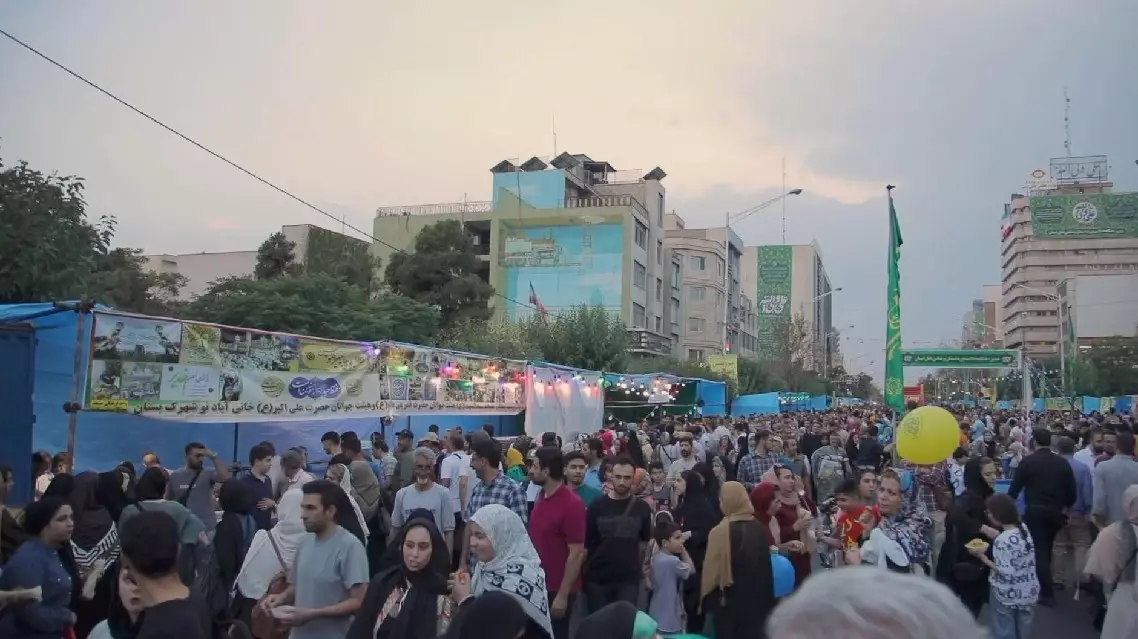
Iranian youths voice demands as presidential election looms amid low turnout fears




